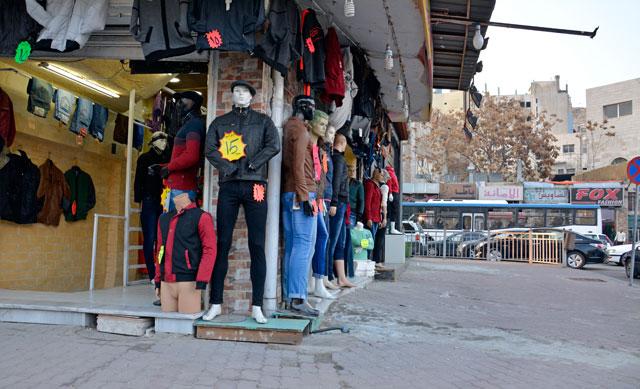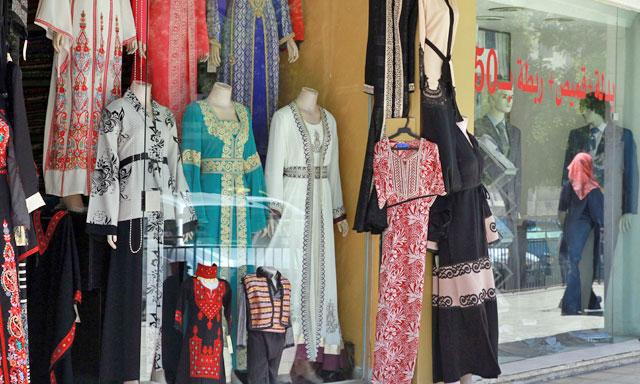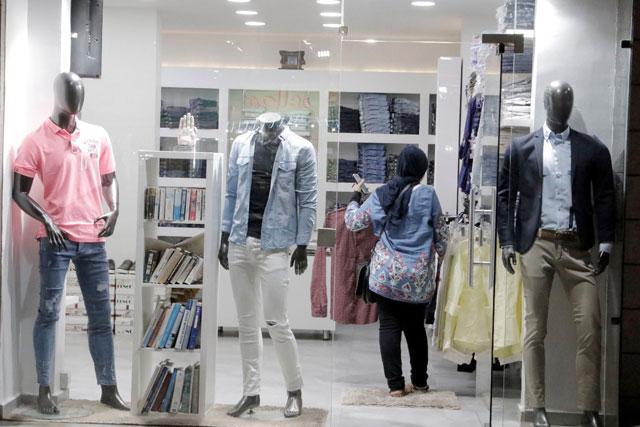You are here
Gov’t searching for methods to more strictly regulate e-commerce sales
By Bahaa Al Deen Al Nawas - Jul 19,2019 - Last updated at Jul 19,2019
AMMAN — The government is currently studying how to better regulate e-commerce to mitigate losses to traditional brick-and-mortar shops, a member of the Jordan Chamber of Commerce said on Wednesday.
The government also plans to regulate virtual shops using social media by ensuring people selling on the sites have obtained permits from the Ministry of Industry, Trade and Supply and are licensed businesses with actual locations and phone numbers, without which, they will not be allowed to carry out their sales, according to Asaad Qawasmi, a representative of the clothes, garment and jewellery sector at the chamber of commerce.
Prime Ministry regulations allow anyone with a passport and a national identification number to order up to five packages totalling JD200 a month, Qawasmi said, noting that these packages enter the Kingdom exempt from customs.
However, some people abuse these regulations and use friends’ passports to order goods without having to pay extra customs or taxes, and then they sell these goods at low prices, Qawasmi claimed, adding that this is an illegal form of trade known as “mail package” trade.
This hurts shops that pay customs and taxes as well as the government, which suffers losses in revenues, Qawasmi told The Jordan Times.
He added that these goods are categorised as personal items, so they are not inspected for quality when bought into the Kingdom.
Qawasmi called for expediting measures to deal with these forms of trade, noting that e-commerce and “mail package” sales reach around JD35 million annually, harming clothing, shoes and perfume sales, which have seen their revenue decline since 2013.
President of the Textile and Readymade Clothes Syndicate Muneer Deyeh told The Jordan Times earlier this week that customs fees, taxes and issues related to online commerce are behind a drop in clothing sales, and that they deepen the challenges already facing shop owners and workers in the sector.
The syndicate president also said that clothing imports during the first half of this year decreased to JD63 million compared with JD81 million during the first half of last year — a drop of around 23 per cent.
Related Articles
AMMAN — Many clothing and shoe shops are expected to shut down in the upcoming period due to “the unprecedented lack of demand as well as th
AMMAN — Clothing sales during Eid Al Adha went down by 50 per cent compared to the same period in 2018.
AMMAN — Representative of the Garment and Jewellery Sector at the Jordan Chamber of Commerce (JCC) Asad Qawasmi on Saturday renewed calls on

















